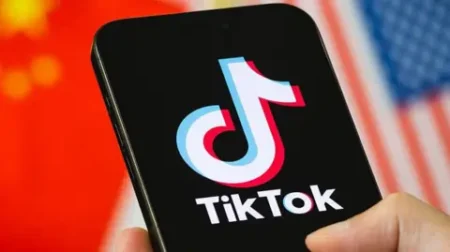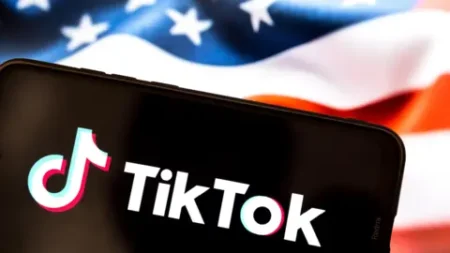The United States is on the brink of a significant legal showdown as the landmark antitrust trial against Meta, the parent company of Facebook and Instagram, kicks off in Washington. This trial is centered on allegations that Meta engaged in anti-competitive practices by acquiring Instagram in 2012 and WhatsApp in 2014 with the intent to eliminate competition and establish a monopolistic hold on the social media landscape. The Federal Trade Commission (FTC) claims that these acquisitions were not merely strategic business moves but calculated tactics to suppress potential rivals, thereby solidifying Meta’s dominance in the industry.
The implications of this trial are monumental. If the FTC prevails in its case against Meta, it could potentially force CEO Mark Zuckerberg into a position where he would have to divest from both Instagram and WhatsApp. Historically, the FTC approved these acquisitions, which suggests a nuanced legal landscape. As stated by legal experts, the FTC’s challenge lies not only in proving the allegations but also in framing the narrative that these mergers fundamentally altered competitive dynamics in favor of Meta.
Mark Zuckerberg has publicly expressed confidence in Meta’s defense, arguing that the acquisition of Instagram has resulted in a better user experience, enabling the platform to grow in ways that would have been impossible without the financial and structural support of Meta. This assertion raises questions about consumer welfare — a critical factor in antitrust litigation. The core question, as observed by antitrust scholars, will be whether the jury perceives the acquisitions as a form of grab for power or a legitimate business strategy that ultimately benefitted users.
The courtroom drama is expected to feature prominent testimonies, including that of Zuckerberg himself and former Meta Chief Operating Officer Sheryl Sandberg. Their testimonies are presumed to provide context and insight into the decision-making processes that led to the controversial acquisitions.
Moreover, the political backdrop against which this trial is unfolding adds an additional layer of complexity. This case, which has been in the works since Donald Trump’s first presidential term, risks becoming a political flashpoint as Trump seeks to solidify his platform during a potential second term. Reports have suggested that Zuckerberg has lobbied Trump directly, asking him to intervene and drop the case. While Meta has opted to sidestep direct responses to inquiries about these lobbying efforts, they continued to assert that the FTC’s actions contradict the realities of their business practices.
As the trial proceeds, the attitudes of those appointed to the FTC also fall under scrutiny. Recent political maneuvers, including Trump’s dismissal of two FTC commissioners, have created a critical environment for ethical governance and independence within the commission. Observers suggest this could either bolster or weaken the FTC’s case depending on how well they can argue for their impartiality amidst perceived partisan pressures.
Experts like Rebecca Haw Allensworth, an antitrust professor, contend that the FTC faces a significant burden of proof. They will need to demonstrate not only the supposed transgressions of Meta but also convince the court that these violations had tangible negative effects on competition and consumers. Comparisons to the ongoing case against Google highlight the challenges the FTC may face. Google has generally enjoyed a more consolidated market perception regarding its monopoly in online search, while the personal network service market that Meta occupies is characterized by a more significant diversity of competition.
In summary, as this trial progresses, the courts will not only assess the legality of Meta’s past acquisitions but also gauge broader implications for the tech industry and regulatory practices. Should the FTC succeed, it would signal a pivotal shift in how the supremacy of tech giants is regulated henceforth, potentially rewriting the playbook for future mergers and acquisitions in the digital age. This trial is poised to extend beyond corporate ramifications to resonate deeply within the political and regulatory landscapes of America.











